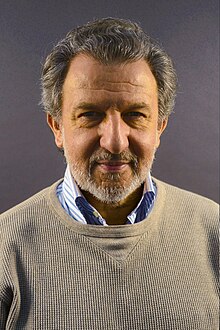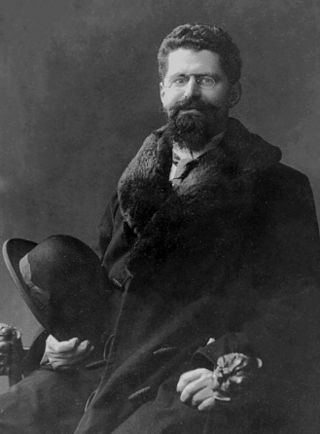
Francesco Severi was an Italian mathematician. He was the chair of the committee on Fields Medal on 1936, at the first delivery.

Emanuele Severino was an Italian philosopher.
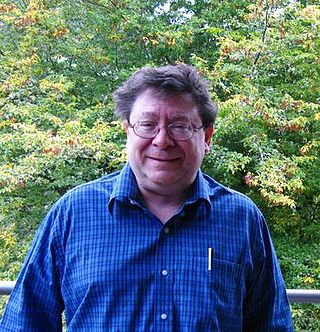
Harvey Friedman is an American mathematical logician at Ohio State University in Columbus, Ohio. He has worked on reverse mathematics, a project intended to derive the axioms of mathematics from the theorems considered to be necessary. In recent years, this has advanced to a study of Boolean relation theory, which attempts to justify large cardinal axioms by demonstrating their necessity for deriving certain propositions considered "concrete".
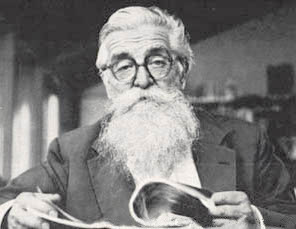
Gustavo Colonnetti was an Italian mathematician and engineer who made important contributions to continuum mechanics and strength of materials. He was a Rector of the Politecnico di Torino and President of CNR. His theories found important applications in modern techniques of construction, such as pre-stressed concrete.
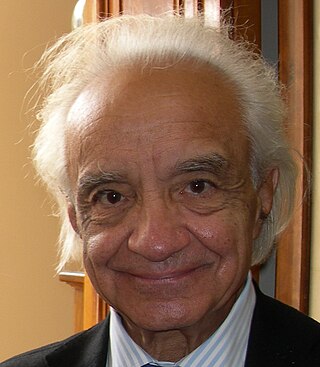
Antonino Zichichi is an Italian physicist who has worked in the field of nuclear physics. He has served as President of the World Federation of Scientists and as a professor at the University of Bologna.
Ludovico Geymonat was an Italian mathematician, philosopher and historian of science. As a philosopher, he mainly dealt with philosophy of science, epistemology and Marxist philosophy, in which he gave an original turn to dialectical materialism.
Nicla Vassallo, is an Italian analytic philosopher with research and teaching interests in epistemology, philosophy of knowledge, theoretical philosophy, as well as gender studies and feminist epistemology. She is currently a Full Professor in the Department of Philosophy at the University of Genoa, a Research Associate of National Research Council, and on List of alumni of King's College London. She also is a poet and lives in Rome.
The Rapallo Carige Prize is an Italian literary award, established in 1985 by the Municipality of Rapallo and the Carige Bank.
Radio3 Scienza is a cultural programme dealing with science and the links between science and society, produced by the Italian radio channel Rai Radio 3. Broadcast every Monday to Friday morning between 10.50 and 11.30, it forms part of the station's programming strand known as Il Terzo Anello.
Valentino Annibale Pastore was an Italian philosopher and logician.
Pieranna Garavaso is an analytic philosopher and professor emerita at the University of Minnesota Morris. Her areas of interest include epistemological and metaphysical issues in philosophy of mathematics, philosophy of language, Ludwig Wittgenstein, Gottlob Frege, Bertrand Russell, and feminist epistemology. She received her doctorate in philosophy from the University of Nebraska, Lincoln. She is the recipient of two distinguished teaching awards: the University of Minnesota, Morris Alumni Association Teaching Award in 2003 and the Horace T. Morse University of Minnesota Alumni in 2004.

Giulio Giorello was an Italian philosopher, mathematician, and epistemologist.

Andreas Musalus was a Greek professor of mathematics, philosopher and architectural theorist who was largely active in Venice during the 17th-century Italian Renaissance.

The Istituto Nazionale di Alta Matematica Francesco Severi, abbreviated as INdAM, is a government created non-profit research institution whose main purpose is to promote research in the field of mathematics and its applications and the diffusion of higher mathematical education in Italy.
Paul Anthony Ginsborg was a British historian. In the 1980s, he was Professor at the University of Siena; from 1992, he was Professor of Contemporary European History at the University of Florence.
Maria Perosino was an Italian author and art historian.

Pietro Catena was an Italian astronomer, philosopher, mathematician, theologian and catholic priest, citizen of the Republic of Venice. He was a precursor of the Renaissance scientific revolution and investigated the relationships between mathematics, logic and philosophy. As a professor in Padua, Catena occupied the same mathematical chair later assigned to Galileo Galilei.

Chiara Valerio is an Italian author and essayist.
Laura Toti Rigatelli (1941-2023) was an Italian historian of mathematics, founder of the Center for Medieval Mathematics at the University of Siena, biographer of Évariste Galois, and author of many books on the history of mathematics.
Annalisa Malara is an Italian doctor who treated the first COVID-19 patient in Italy. She is an intensivist and anaesthesiologist in Codogno, Italy. She was named "personality of the year" by SkyTg24, a satellite news channel.
